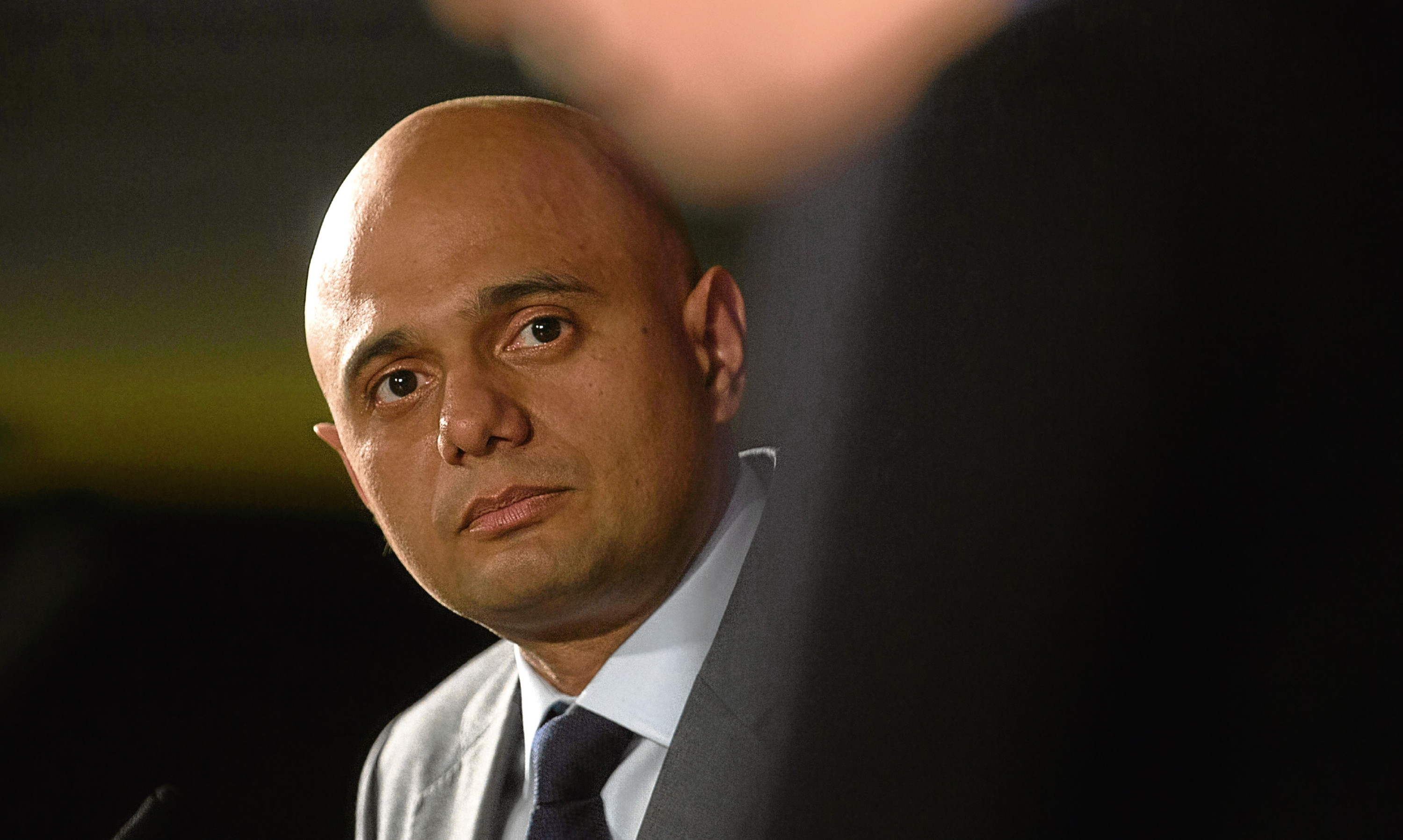It is a brave UK politician who attempts to define and then bottle Britishness in these days of post-Brexit existential crisis.
Even back in the 90s when John Major tried to nail British values – “long shadows on county grounds, warm beer, invincible green suburbs” – there was a mild mannered uproar.
However, Sajid Javid, the Communities Secretary, has dared to go further, with the controversial suggestion that all public office holders should uphold British values by swearing an oath of allegiance.
His ideas of Britishness depart from corny Major’s – his aim he said is not to create a “government-approved one size fits all identity” where everyone listens to the Last Night of the Proms but to promote basic values such as democracy and equality.
Interestingly, Major addressed the matter during the Maastricht negotiations when he thought the public needed reassuring that membership of the European Community wouldn’t compromise their sense of who they were.
Today, Javid is appealing to Britons who have already decided to make a break with Europe in a country that is more multicultural than in Major’s day and apparently more hostile to different creeds and colours.
The rise of UKIP and the so-called populism that might have been called something else (racism?) just a generation ago implies our legendary British fairness is under threat.
If that is the case, Javid is right to broach the subject.
He said he was inspired by Dame Louise Casey’s report on social cohesion, in which she warned that some sections of society didn’t accept British notions of tolerance.
“If we are going to challenge such attitudes, civic and political leaders have to lead by example,” Javid said.
“We can’t expect new arrivals to embrace British values if those of us who are already here don’t do so ourselves and such an oath would go a long way to making that happen.”
His plan is for elected officials, civil servants and council workers to pledge their loyalty and for all migrants to swear allegiance too.
The oath would include phrases such as “tolerating the views of others even if you disagree with them”, as well as “believing in freedom of speech, freedom of religion, freedom from abuse… a belief in equality, democracy and the democratic process” and “respect for the law, even if you think the law is an ass”.
Responses from the public and from political parties have been predictably mixed so far.
Among the more intelligent were those who questioned the need for an oath in order to uphold values that are held very dear.
But while an oath might not be necessary for the vast majority, would it not still be worth taking if it helped, as Dame Louise said, bind communities divided by ethnic tension?
Others, the Labour MP Diane Abbott included, said they had nothing against the idea in principle but doubted it would make much difference to problems such as radicalisation or integration.
She has a point. What is to stop people violently opposed to all things British going along with the oath? Even some of our supposedly honourable elected representatives, being sworn into parliament, are quite capable of saying one thing while crossing their fingers and thinking the opposite?
Dame Louise’s review, originally commissioned by David Cameron as part of a strategy to tackle Islamic extremism, also recommended schoolchildren be taught British values. Michael Gove made the same suggestion, to howls of protest, when he was Education Secretary.
It would be nice to think we could have a constructive debate on the initiative but that is highly unlikely when there is so much political mileage to be made – not least in Scotland.
At the time of writing there had been no official response from the SNP but some of their more excitable cyber supporters had denounced the oath as “Tory nonsense”, “sinister” and “moronic’.
Nationalists are visibly anxious around Union flags and shrink like Dracula from daylight at nationwide celebrations (Olympic gold medals, royal jubilees) that accentuate the British over the Scottish in us.
Of course they are not going to embrace British values, especially ones articulated by a Conservative government minister.
They might argue, with some conviction, that there is less need anyway in Scotland for such a measure. Immigration has been on a much smaller scale here and we have mercifully not seen the divisiveness that led to Brexit.
But, while we remain part of Britain – for the foreseeable future if you believe the opinion polls rather than Alex Salmond, is it not in Scotland’s interests to encourage harmony in the rest of the UK?
It’s probably too much to ask but in this, the season of goodwill, could our ministers spare the separatist scorn for once and consider Javid’s proposal in the non-political spirit in which it was made.
